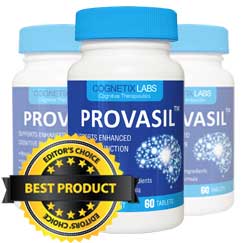Nature Knows and Psionic Success
God provides
Ford vehicles to deploy 5G brain cancer technology in vehicles by 2020, frying your brain while you drive

( Natural News ) Ford has announced that it will deploy cellular vehicle-to-everything (C-V2X) technology in all of its new American car models from the year 2022 onward. The technology will enable vehicles to communicate with one another as well as traffic management infrastructure like traffic lights. Pedestrians will also have the ability to transmit their locations to cars, ostensibly boosting the safety of walkers and cyclists. The car maker claims it will be useful for situations like four-way stops , enabling vehicles to communicate with one another about who has the right of way. It could also be used for vehicles that are involved in accidents to give approaching vehicles advance status of the situation so they can avoid danger. Traffic lights, meanwhile, would be able to send drivers signals to alert them when they are about to turn red or green or to let them know if they are about to run a red light. In a Medium post announcing the move, Ford Connected Vehicle Platform and Product Executive Director Don Butler expressed Ford’s excitement over the technology, but he failed to mention the huge downside of all of this connectivity. Butler wrote that the effort’s timing was “perfect” in light of the cellular industry’s push for building 5G networks, but what price will we all pay for this? For all of its greater speeds and connectivity, 5G could put our health at very serious risk. 5G already causing health problems, and many dangers are still unknown One advocate, Kevin Mottus, has likened 5G’s effects to “microwaving our population,” and hundreds of scientists and doctors share his view. The power of the elements : Discover Colloidal Silver Mouthwash with quality, natural ingredients like Sangre de Drago sap, black walnut hulls, menthol crystals and more. Zero artificial sweeteners, […]
Leaked internal documents show 36 babies died after receiving this vaccine

( Natural News ) Just when you thought the vaccine industry couldn’t get any more depraved, they go and prove you wrong. Recently leaked, confidential documents have revealed that at least 36 infants died following the administration of an 6-in-1 vaccine manufactured by pharma giant GlaxoSmithKline. These tragic deaths took place over the course of just two years. Initiative Citoyenne , a Belgium-based vaccine activism network, reports that the 1200-page document revealed thousands of adverse reactions occurred during the evaluations which took place between 2009 and 2011. While GlaxoSmithKline’s official report declares that only 14 children died during the 2-year period, Initiative Citoyenne (IC) reports that their own analysis of the data indicates a much higher death toll, closer to 36. IC reports that at least 73 children have died since the Infanrix Hexa vaccine made its debut in 2000. Shocking confidential document reveals wave of infant death Reading the report, which can be viewed as a PDF here , it is clear that GSK has no real concern for its highly probable involvement in the deaths of multiple children. Under section 6.4.1, “Cases with a Fatal Outcome,” one can read about the 14 children GSK admits died post-vaccination during the 2009-2011 evaluation period. Naturally, every single death is waved off. Most of these children died within just a few days after receiving the Infanrix Hexa shot, with a staggering number dying within one day. Even when a child dies within 24 hours of receiving the vaccine, the company comments that “No adverse events were reported after vaccinations.” Apparently death isn’t an adverse event to these people. 100% organic essential oil sets now available for your home and personal care, including Rosemary, Oregano, Eucalyptus, Tea Tree, Clary Sage and more, all 100% organic and laboratory tested for safety. A […]
These 6 Types of Music Are Known to Dramatically Improve Productivity

Just another example of how much you gain by listening. Opinions expressed by Entrepreneur contributors are their own. Music isn’t just a means of entertaining ourselves: it can also encourage creativity and help us become more productive. Listening to music can also be therapeutic, relieving feelings of stress so you can concentrate better. Research has found that certain types of music can be beneficial to us while we work. Some types of music seem to help with learning and improve our ability to process information. Other types help block out distracting background noise. Still other types sync with our brain waves to induce “eureka moments.” So, if you’re struggling with productivity and want to know what you should be listening to, read on. These are the six types of music that will give you a major boost in productivity. Related: 12 Ways Millionaires Manage Their Time to Achieve Maximum Productivity 1. Classical Music Researchers have long claimed that listening to classical music can help people perform tasks more efficiently. This theory, which has been dubbed “ the Mozart Effect ,” suggests that listening to classical composers can enhance brain activity and act as a catalyst for improving health and well-being. Various studies have confirmed that listening to classical music enhances one’s ability to manipulate shapes and solve spatial puzzles. The absence of words in the music may be one factor, as songs that contain lyrics have been found to be a distraction when you’re trying to focus. And classical music is known for being calming, relaxing and helping reduce stress. This genre of music has been found to help students perform 12 percent better on their exams. Some selections, like Beethoven’s “Für Elise ,” seem to help students study longer and retain more information. Here are other few classical […]
Try these natural pain relievers to beat the pain without the meds

( Natural News ) Chronic pain can often hamper your overall well-being and quality of life. This pain is often associated with arthritis, which is characterized by swelling of the joints. Some people may use painkillers or anti-inflammatory medication to deal with the pain, but these options often come with unintended side effects. Fortunately, you can eliminate pain naturally without any ill side effects using these natural remedies . Physical activity Exercise is an excellent way to bring quick pain relief. Physical activity triggers the release of endorphins in your body. Endorphins are hormones that serve as your body’s own natural painkillers and they can even block pain signals before they are received by your brain. Exercise also leads to weight loss. Losing excess weight means there is less pressure being placed on your joints . This can help improve your mobility and joint flexibility. If you aren’t up to intense exercises due to your body pain, you can always try low-impact exercises, such as water aerobics, swimming, or yoga. Hot and cold therapy Ease your aching joints by warming them up or cooling them down, whichever works best for you. Applying heat to your joints increases the flow of blood in the affected area. You can do this by using hot water bottles, heat wraps, or electric heating pads. You can even take long, warm showers or baths to let your whole body soak in the heat. Alternatively, cold treatments can be used to reduce swelling in your joints. Use a gel ice pack wrapped in a towel or even a bag of frozen vegetables to relieve painful inflammation. The power of the elements : Discover Colloidal Silver Mouthwash with quality, natural ingredients like Sangre de Drago sap, black walnut hulls, menthol crystals and more. Zero artificial sweeteners, […]
Artichokes reverse the effects of a high-fat diet, concludes study
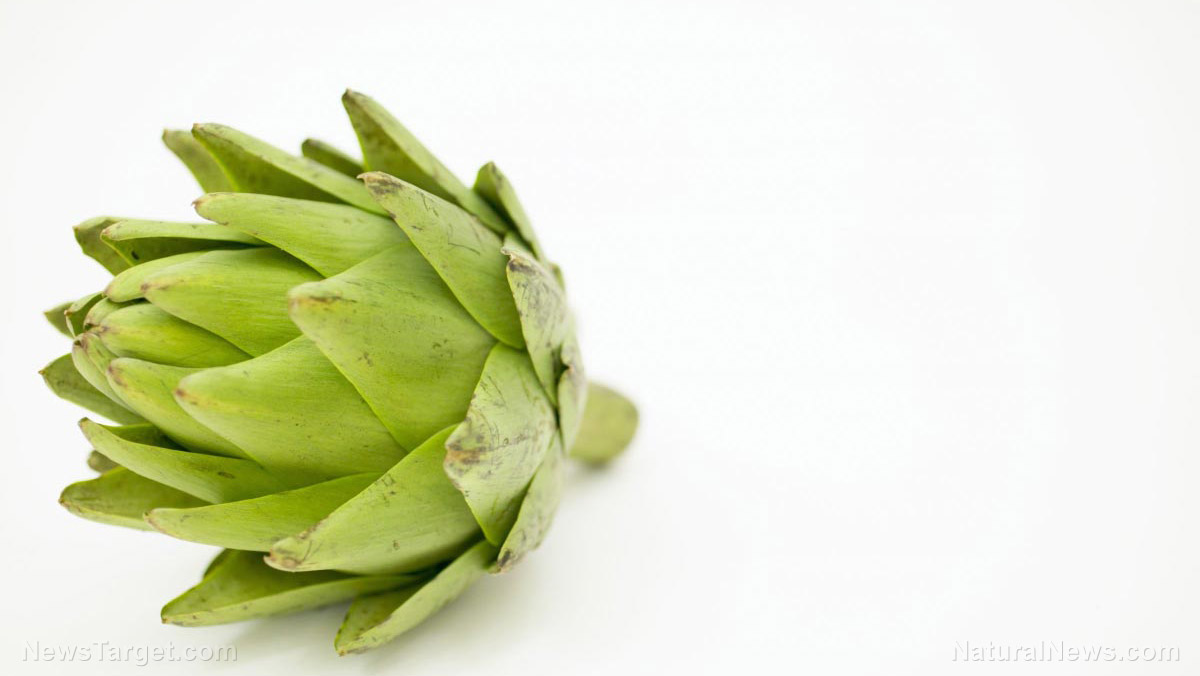
( Natural News ) One of the consequences of following a high-cholesterol diet is having elevated blood cholesterol levels. Fortunately, many natural remedies have hypolipidemic and antiatherogenic effects. One of these is artichokes ( Cynara scolymus ). A study published in Revista Brasileira de Farmacognosia revealed that artichokes possess powerful lipid-lowering properties . The study, conducted by a team of researchers from Brazil, examined the hypolipidemic and antiatherogenic effects of an aqueous extract prepared from the leaves of artichokes in mice with high levels of cholesterol in the blood. To do this, the research team treated mice with high cholesterol levels with 150, 300, or 600 milligrams per kilogram (mg/kg) of artichoke aqueous extract or four mg/kg of simvastatin, a drug used to lower lipid levels. A control group received water. These treatments were given once a day for 30 days. At the same time, the mice were fed with a hypercaloric diet throughout the study period. (Related: Artichokes contain a variety of natural antioxidants that reduce the symptoms of diabetes .) The results of the study showed that the serum levels of total cholesterol and low-density lipoprotein (LDL) cholesterol of mice treated with artichoke extracts had gone down significantly. Inflammation had also been considerably reduced. From this study, the research team concluded that artichoke extract possesses hypolipidemic and antiatherogenic effects. The researchers explained that these beneficial effects could be attributed to the presence of polar substances present in artichoke. The power of the elements : Discover Colloidal Silver Mouthwash with quality, natural ingredients like Sangre de Drago sap, black walnut hulls, menthol crystals and more. Zero artificial sweeteners, colors or alcohol. Learn more at the Health Ranger Store and help support this news site. Artichoke and its other health benefits of artichokes Artichoke, which is a thistle-like plant […]
Start your day right by drinking lemon water

( Natural News ) Most people start their day with a good old cup of joe to give them the energy to get through the day. But why not try something new and go for a glass of lemon water instead? Lemon water is very easy to make. All of you have to do is slice up some lemons, put them in a pitcher of water, and let it sit in the fridge for some time to ensure that the nutrients are extracted from the fruit. You can make this right before going to bed so you can enjoy a glass of healthy lemon water upon waking up. Some of the benefits that you can enjoy from drinking lemon water include the following: Hydrating the body — Chronic dehydration is a problem that nearly 75 percent of Americans face. This is very alarming since dehydration has been associated with complications like kidney stone formation, high blood pressure, urinary tract infections, intestinal failure, and dementia. If you find it hard to drink water, then add some lemon slices to your drink to make it tastier and more enjoyable. Promoting good digestion — Drinking a glass of lemon water upon waking up ensures that your digestive system functions properly throughout the day. There are different ways by which lemon water achieves this. One of these is by promoting an alkaline pH in the body through its acidic nature, which also helps in remedying stomach cramps and ulcers. This drink also aids in the breakdown of food so that the body can absorb more nutrients from them. Boosting the immune system — Lemons, like most citrus foods, are rich in vitamin C. This nutrient boosts the immune system by working against pathogens that cause diseases such as common colds or the flu. […]
Listening to lively music does wonders for your brain
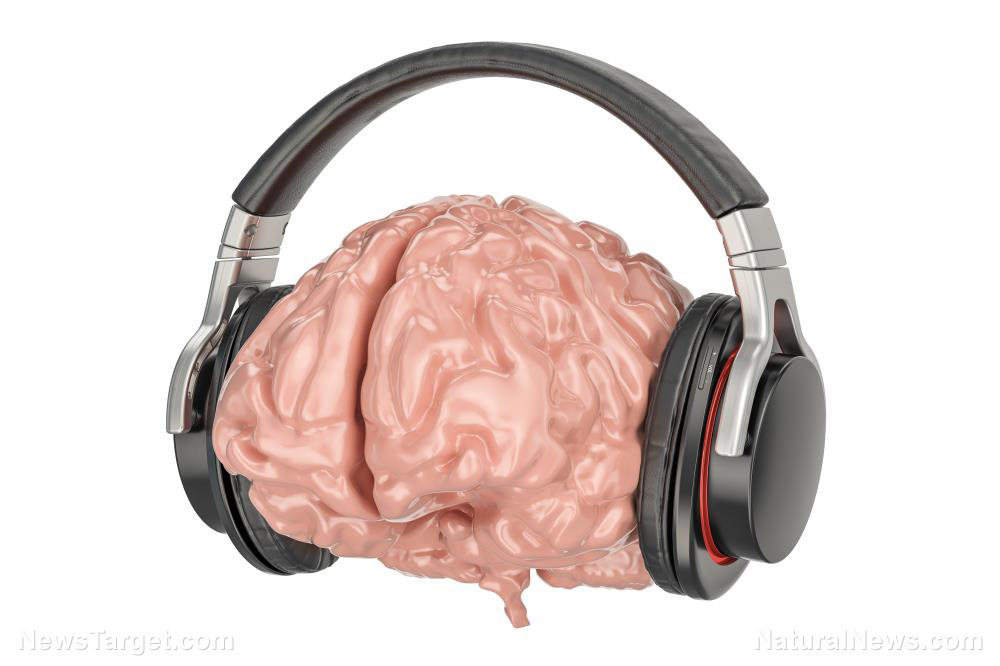
( Natural News ) There is a scientific reason as to why standing up and clapping along in singalongs makes you feel good. A new Japanese study reported that actively participating in music therapy sessions could improve its considerable effects on the activity levels of the brain. Music is good for the body as well as the mind and soul. Research has shown that listening to certain types of music can affect the brain activity of people. The effects on the brain will eventually filter down to the rest of the body. Playing the right music can improve the mood of patients and lift the spirits of depressed people. They can even help relieve pain for patients with serious diseases like cancer. Some traditional and alternative forms of medicine believe that music can restore the normal functions of an ailing body. This led to the development of music therapy . Music therapy treats the cognitive, emotional, physical, and social issues of its patients through carefully-selected and designed interventions. Among its many proven uses are relieving stress, bringing peace of mind, and improving the mindset of people. Studies have covered its use in relieving anxiety and depression. It has also been used to improve the memory of elderly patients with Alzheimer’s disease and dementia. (Related: The healing potential of music therapy in pain relief in cancer patients .) The effects of active and passive music therapy on the brain Japanese researchers from Tokai University (Tokai) recently conducted a study on the effect of music therapy on brain activity. They targeted the frontal lobe, the biggest of the four lobes that comprise the human brain. The power of the elements : Discover Colloidal Silver Mouthwash with quality, natural ingredients like Sangre de Drago sap, black walnut hulls, menthol crystals and more. […]
Is this why people on social media are so angry? Human relationships have lost their “touch”

( Natural News ) In this technological age we live in, we have become too invested in social media that our physical interactions with other people have lessened. Even a slow, soft touch reduces the feeling of being socially excluded , according to a new study reported by the Science Daily. “As our social world is becoming increasingly visual and digital, it is easy to forget the power of touch in human relations,” said Mariana von Mohr, lead author of the study. The study from the University College London analyzed the relationship of touch and social isolation. It differentiated the effect of a slow, soft touch and a quick, neutral touch after a rejection. For the study, the researchers analyzed how 84 women felt after being rejected or socially excluded. The participants played a computerized ball-tossing game, wherein three players passed the ball to each other. They were led to think that they were playing with other people, but in reality the two other players were computer-simulated. The women took a break for 10 minutes from playing to answer questions about feelings threatened by social exclusion, such as the feelings of belonging, self-esteem, meaningful existence, and control. When the participants resumed to play, the other players suddenly stopped throwing balls at them after some time which made the women feel excluded. Then, the researchers blindfolded the women and touched their left forearms using a soft-bristled brushed at either a slow or fast speed. Later on, the participant were asked the same questions. Results showed that participants who received a slow touch had reduced feelings of negativity and social exclusion than those who were touched at a fast touch, regardless of their general mood remaining the same in both conditions. Yet, neither of the touches totally removed the negative effects […]
This is why you should be putting brain health first

Backstage at Christian Dior haute couture autumn/winter ’18/’19. Image Credit: Jamie Stoker What would you do for a sharper memory or faster cognition? Jody Scott explores why brain hacking is the latest self-improvement goal. Shoulders, legs, midriff, arms, neck, back, boobs and… brains. Just like accessories, fashion’s erogenous zones change with the seasons. But the latest must have can’t be bought or borrowed. You can’t buy a cheap knock-off on the high street, either. In fact, it may take even longer to attain than a Birkin bag (waitlist: approximately six years). Welcome to the designer brain. While slow fashion is hot, slow thinking is not. And a beautiful mind has become the most covetable accessory of them all. It’s a trend that has been building steadily. Christopher Kane caught our attention in 2013 by embroidering colourful MRI scans on silk organza tops and dresses. The same year, Oscar-winning actor George Clooney fell in love with a brilliant human rights lawyer called Amal Alamuddin. And his buddy Brad Pitt is apparently smitten with Neri Oxman, an American–Israeli architect, designer and professor at Massachusetts Institute of Technology’s MediaLab. On the red carpet, the most impressive arm candy now has serious cognitive credentials. The arrival of these brainy days heralds a welcome shift of focus in the wellness world, too. Lately, the race to be our best selves has become a little too brawny and back-bendy. After all, don’t we want to be smarter as well as better, faster and stronger? And surely being calm, compassionate and more content are equally important markers of good health? The recent rise of meditation and mindfulness studios, e-courses, apps, podcasts and retreats signalled a collective craving to go deeper, offering internal transformation (including a thicker prefrontal cortex) with a side serve of enlightenment – and […]
Top 3 foods you’ll be surprised to find out are infused with ARTIFICIAL COLORS to boost sales

( Natural News ) Natural food colors are super important to consumers when shopping for fresh food and quality food, so the richest companies and corporations in America create illusions to steal your hard-earned money and convince you to purchase aging, cheaper food at “quality pricing.” You’ve heard of Kellogg’s and McDonald’s right? These two companies are constantly trying to win over customers with their latest “health claims” – consumers who realize most of what these Big Food giants manufacture and sell is processed, genetically modified, and causes health decay. The latest claim these junk-science giants propagate is that they will purge artificial coloring from their sales tricks, thus admitting to fraud and false advertising in the process. Did you know every burger at McDonald’s was artificially colored up until a few months ago? Yep. You probably also know that most kid’s cereals are jacked up with artificial coloring from petrochemicals, but we won’t bore you with all that old news. Let’s get to the fake, juicy stuff you probably don’t know about. Bright pink flesh of salmon often an illusion created when farm-raised fish are fed synthetic astaxanthin Sure, the FDA makes these false-advertisers label the salmon that are adulterated with false coloring with the tag-line “color added through feed,” but how many “hangry” (that’s hungry and angry) carnivores take the extra time to read the fine print on labels? Consumer eyes scan for bright pink salmon fillets and then it’s a grab and go. Throw it in the cart or hand basket and move on, right? Mother Nature’s micronutrient secret : Organic Broccoli Sprout Capsules now available, delivering 280mg of high-density nutrition, including the extraordinary "sulforaphane" and "glucosinolate" nutrients found only in cruciferous healing foods. Every lot laboratory tested. See availability here. So what’s the problem if […]
Alzheimer’s hits more than just the memory; patients experience immune system dysfunction as well
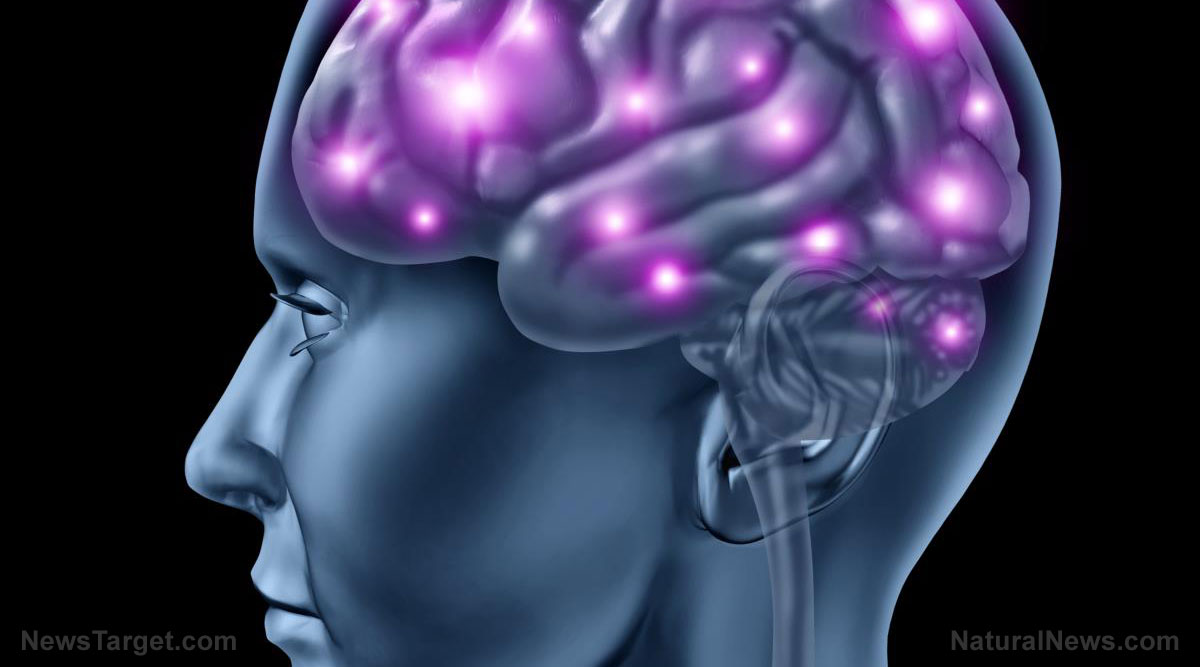
Researchers have discovered that there is a link between inflammation biomarkers in both plasma and cerebrospinal fluid and markers of Alzheimer’s disease-associated pathology. This means that the disease does not only affect memory, but the immune system of patients as well. The study was conducted by a group of researchers from the University of Colorado Anschutz Medical Campus , together with the University of Wisconsin Alzheimer’s Disease Research Center and the University of California San Francisco Memory and Aging Center . Past research has suggested that pathology related to Alzheimer’s disease may develop before its clinical symptoms become evident, and that inflammation is a primary component of the disease. Moreover, links between the levels of inflammatory markers in cerebrospinal fluid and blood and mild cognitive impairment were revealed in previous studies. Furthermore, researchers discovered that increases in inflammatory markers may occur even decades before any symptoms of Alzheimer’s disease manifest. (Related: Predicting Alzheimer’s: Major inflammation in your 40s puts you at high risk, making the case for improving lifestyle habits .) The research team analyzed the relationship of inflammatory markers in cerebrospinal fluid and plasma to see how well plasma inflammatory markers indicate central nervous system inflammation. They also identified whether plasma inflammatory markers were separately associated with cerebrospinal fluid markers of Alzheimer’s-related pathology and neuronal damage. In the study, they investigated blood and cerebrospinal fluid samples of 173 middle-aged and older adults in the Wisconsin Alzheimer’s Disease Research Center . The participants were healthy and did not have clinical symptoms of Alzheimer’s disease, although several had family records of dementia presumed because of the disease. Mother Nature’s micronutrient secret : Organic Broccoli Sprout Capsules now available, delivering 280mg of high-density nutrition, including the extraordinary "sulforaphane" and "glucosinolate" nutrients found only in cruciferous healing foods. Every lot laboratory tested. […]
Having difficulty getting some shut-eye? This lesser-known superfood “jujube” might help

( Natural News ) When people hear the word jujube, they often associate it with the brightly-colored gummy candies commonly snacked on at the movies. But few people know that jujube also refers to a nutrient-rich plant which has been used in traditional Chinese medicine for thousands of years. Jujube ( Zizyphus jujuba ) is a small shrub-like plant widely found in Asia and Australia, as well as in some parts of Southern Europe and the U.S. It produces a sweet date-like fruit that’s packed with fibers and healthy fatty acids. Moreover, it contains large amounts of vitamins A, C, and B, and minerals, such as iron, phosphorus, and calcium. These compounds contribute to the different health benefits of jujube, which include working as a sleeping aid . According to the American Sleep Association , 50 to 70 million American adults suffer from sleep disorders , such as insomnia and obstructive sleep apnea. The high incidence of sleep disorders is a significant cause of concern since adequate sleep is necessary for maintaining healthy body functions. People who don’t get seven to nine hours of sleep per night suffer from consequences like poor memory, mood swings, weak immune system, high blood pressure, and weight gain. Moreover, sleep deprivation increases the risk of diabetes and heart disease . Although there are medications that can be used to promote sleep, these are often associated with side effects like drowsiness, erratic behavior, cancer, and even death. Fortunately, there are natural products like jujube that can work as a sleeping aid without the side effects. This superfood is especially beneficial for people suffering from insomnia and stress- or anxiety-related sleep problems because of its potent sedative effects. 100% organic essential oil sets now available for your home and personal care, including Rosemary, Oregano, Eucalyptus, […]
Probiotic pill could reduce stress and promote a sense of happiness AND boost brain power

A daily capsule of a simple probiotic could reduce stress and promote a sense of happiness and boost brain power, doctors said. The newly available over-the-counter natural food supplement Zenflore dubbed one of the first ‘psychobiotics’ was developed following breakthrough research by Irish scientists three years ago. Researchers at APC Microbiome Ireland based at the University College Cork found the bacterial culture bifidobacterium longum 1714 can increase activity in the areas of the brain associated with emotions, learning and memory. The human clinical trial involving 22 men aged 18 to 40 found those taking the bacterial culture for four weeks reported they were less stressed and anxious. A cold pressor test – used to test the response of cortisol to a pain stimulus – found probiotic reduce levels of the stress hormone. Brain scans also showed the strain, through its action in the gut, was able to signal to the brain and alter certain mental processes which included boosting memory, mood and reducing stress. Professor Ted Dinan concluded: “Our results indicate that consumption of B. longum 1714 is associated with reduced stress and improved memory.” Based on the findings PrecisionBiotics based in Cork created Zenflore which contains the same bacterial strain used in the clinical trial. The firm claims it works by becoming part of the gut microbiota which plays a vital role in the two-way dialogue between the brain and the gut which is known as the ‘gut-brain axis’. Dr Eileen Murphy, Director and Nutritionist for PrecisionBiotics said the study was significant because it was a human trial and does raise the possibility probiotics could one day be prescribed to lift our mood. She said: “Not all probiotics are the same and not all of them work. “This one does work and is one of the few backed […]
Early life nutrition plays a direct role in how well your brain responds to stress
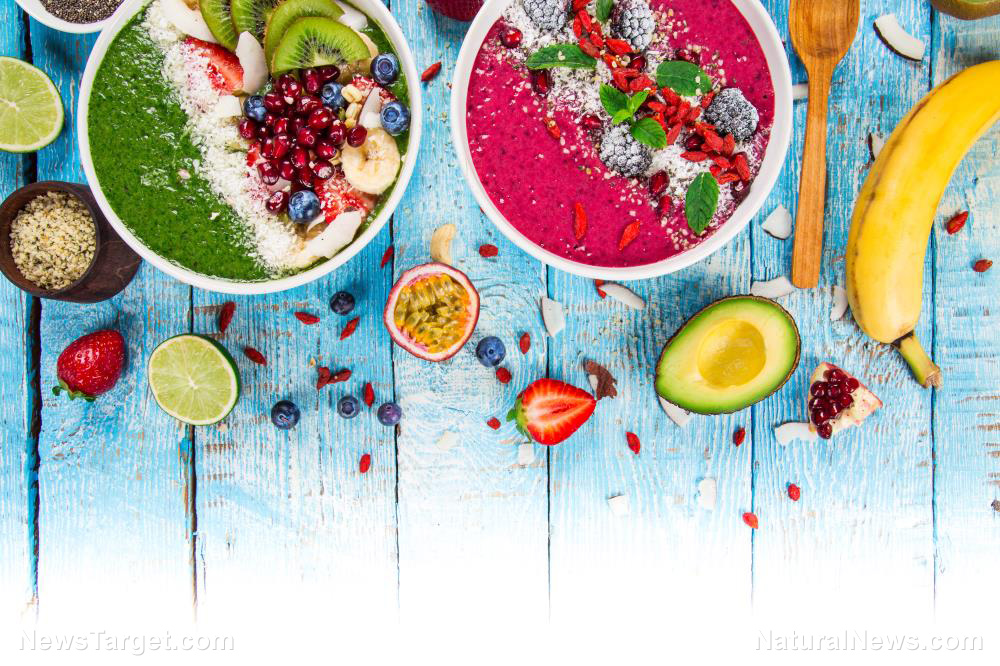
( Natural News ) An ounce of prevention is worth a pound of cure, and according to a study, this can also apply to your mental health. The results of the study, which was a collaborative effort between researchers from the Academic Medical Center , the University of Amsterdam , and the University Medical Center Groningen , revealed that “[micronutrients] could reduce brain and memory impairment caused by stress in early childhood development .” Can micronutrients make your brain resilient to stress? In the study, the researchers discovered that administering a micronutrient blend of methionine (an amino acid that can boost stress-resistance) and B vitamins had neuroprotective effects on young mice. The study findings emphasized the benefits of nutrition, especially in the early years of mental and cognitive development. The researchers also believe that nutrition interventions can potentially be used to treat victims of child abuse, neglect, or trauma. For the study, the scientists limited the amount of nest-building material available to female mice. Doing this resulted in the female mice having less time to spend with their offspring, which induced stress. The mice in the control group were given plenty of nest material. In turn, the female mice from this group spent more time with their young. The researchers gave half of the “stressed mothers” nutrients that the body can’t produce on its own: Methionine Vitamin B6 Vitamin B9 ( Folic acid ) Vitamin B12 The rest of the stressed mice that didn’t receive the supplements produced offspring with an increased hormonal response to stress. The baby mice from this group also had lower methionine levels in their brains. The power of the elements : Discover Colloidal Silver Mouthwash with quality, natural ingredients like Sangre de Drago sap, black walnut hulls, menthol crystals and more. Zero artificial sweeteners, […]
Junk food causes nutrition deficiency: Soda and fast food cripple brain development, according to new study

( Natural News ) A special issue of the journal Birth Defects Research: The Teenage Brain has concluded that the excessive consumption of junk food and energy drinks impairs the mental health of teenagers . In the study, a team of researchers from the RMIT University in Melbourne, Australia reviewed the effects of caffeine and taurine found in energy drinks on the developing brains of young adults. They found in the review of animal studies that taurine, an additive used in energy drinks, can be harmful to developing brains. Christine Curran, lead author of the study, said that this raises concerns on teenage drinking because they are often combined with alcohol. The researchers said that these products hamper the development of brains because of the intense rush of dopamine. This in turn causes a unique mental health risk to young people who consume energy drinks excessively. Curran explained that their findings in exposed adolescent and young adult mice to high taurine levels indicate that there can be detrimental effects on learning and memory and increased alcohol consumption in females. These mice were less sociable and exhibited worse performance in tests that measured their recognition of things. Their review also suggests that age is an important factor in both caffeine and taurine toxicity. They found that aged or diseased brains may benefit from taurine or caffeine supplementation. On the other hand, young people are unlikely to benefit from these products and may even experience adverse effects from chronic consumption of high amounts. “Our review indicates we don’t know enough about the effects of high consumption of energy drinks and the ingredients found in them at this critical time in mammalian brain development,” said Curran. Mother Nature’s micronutrient secret : Organic Broccoli Sprout Capsules now available, delivering 280mg of high-density nutrition, […]
Distribution Roundup: BrainJuice Enters Whole Foods and GNC
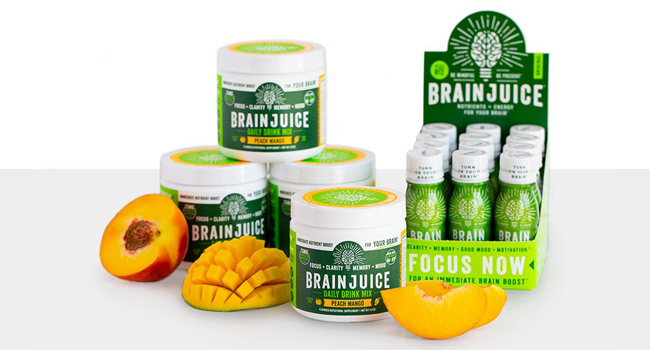
BrainJuice Enters Whole Foods and GNC, Announces Product Launches Cognitive function brand BrainJuice’s saw its retail footprint rise from 150 to nearly 4,000 stores last year, with the shot maker adding Whole Foods Market and more than 1,000 GNC stores this month. The Texas-based shot brand was previously sold in about 150 doors, but has since added retailers including Sprouts, Fresh Thyme, H-E-B, Central Market, Fairway, and Mother’s. “Last year was more of a proof of concept for us that we could go nationwide and support national brand recognition,” Brain Juice VP of sales and marketing Tony Moy told BevNET. “[2018 has] been a great year for us because not only are we in 4,000 stores, now we have the ability to do four to five facings in the store.” Founded in 2012, BrainJuice was an early entrant in the nascent nootropic and brain function beverage space. The product’s formula contains B vitamins and green tea extract as well as nootropics that increase focus and memory such as acetyl L-carnitine, L-theanine, and alpha-GPC. The brand’s retail expansion comes alongside the launch of BrainJuice Active, a pre-workout shot line that features added electrolytes and ingredients that are said to improve blood flow and recovery. Active launches this month as a Whole Foods exclusive with a Pomegranate Acai flavor. Orange and Watermelon flavors will launch later this year. The line retails for $3.99-$4.29 per 2.5 oz bottle. “What a lot of people are finding out is that they want the focus and the clarity,” Moy said. “In the workout world they’re always talking about the mind-to-muscle connection. As that’s becoming more and more popular people are finding out it’s the focus they’re looking for in the gym as opposed to just getting jacked on caffeine.” To further grow the business, Moy […]
Toxic biosolids linked to deadly prion-related illnesses like mad cow disease

( Natural News ) Could deadly viruses hiding in the toxic “biosolids” that are being spread all over America’s food crops be at the root of the current epidemic of dementia? According to biosolids expert Craig Monk, there’s strong evidence to suggest so. During a recent behind-the-scenes interview he gave as part of the Brighteon Films Biosludged project – be sure to watch the official trailer for Biosludged at Brighteon.com – Monk explains how so-called “prions” are contaminating the food supply via biosolids, aka biosludge. One of the big issues in Texas where Monk lives is chronic wasting disease, a syndrome that afflicts deer and other wildlife. And according to Monk, Texas health and wildlife authorities have failed to make the connection between this disease and the biosludge to which many deer are being exposed. “If you think about it, right now in Texas chronic wasting disease of deer is, you don’t hear about it, but it’s at the top of the topics with the Texas Wildlife Department,” Monk explained during the interview. “In fact, they’re the ones handling chronic wasting disease. Well, chronic wasting disease is a form of prions … which is also in Alzheimer’s and many other diseases that affect the brain.” Be sure to watch the full interview with Craig Monk at Brighteon.com below: Deadly prions are impervious to heat, chemicals, and all other known sterilization methods While prions aren’t technically viruses, they act like them. And even worse, prions are known to survive chemicals, heat, and other forms of sterilization that would otherwise kill normal pathogens – which makes prions perhaps the most serious problem associated with biosludge. 100% organic essential oil sets now available for your home and personal care, including Rosemary, Oregano, Eucalyptus, Tea Tree, Clary Sage and more, all 100% organic […]
5 Natural Ways to Boost Dopamine Levels

Dopamine is one of the most vital chemical messengers in the human brain, and it has many functions. Dopamine is involved in motivation, reward, attention, regulating body movement, and even memory. When this chemical is released in large quantities, it creates a feeling of reward and pleasure, and that motivates people to repeat specific behaviours. In contrast, having a low level of dopamine have been linked to decreased enthusiasm and reduced motivation to do things that most people would ordinarily find exciting. Dopamine levels usually are well regulated within the human nervous system. However, there are ways you can naturally increase your levels. Below are the ten best ways you can naturally boost your dopamine levels. 1. Add Lots of Protein to your diet Proteins are a combination of smaller pieces of building blocks known as amino acids. There are a total of 23 variations of amino acids, and your body can synthesise some of them while you have to generate the others from the food you eat. The amino acid called tyrosine has a significant role to play when it comes to the production of dopamine. There are enzymes within your body that work to turn tyrosine into dopamine, which means you need to have adequate tyrosine levels to have enough production of dopamine. Phenylalanine is another amino that tyrosine can also be made from. Both phenylalanine and tyrosine are found naturally in foods that are rich in protein like beef, turkey, soy, eggs, dairy, and legumes. Studies have shown that increasing the amount of phenylalanine and tyrosine in your diet can help to increase the levels of dopamine in a person’s brain and that may help to improve memory and promote deep thinking. When tyrosine and phenylalanine are eliminated from your daily diet, dopamine levels get depleted, […]
The shroom boom: Natural Grocers predicts the top 10 nutrition trends of 2019

Natural Grocers surveyed more than 70 of the company’s nutrition experts and pored over the latest research to identify the expected top 10 breakout trends in nutrition and health in 2019. The shroom boom In the last several years, the amount of scientific research published on mushrooms has exploded. Turns out, mushrooms hold the power to support the immune system, blood sugar balance, brain health, liver health, respiratory health, hormone balance and can even boost energy levels. In response to the growing mountain of research promoting the health benefits of mushrooms, the supplement, grocery and even body-care industries are introducing more ways to try out these fungal superheroes. Supplement companies are turning out a variety of mushroom-centric supplements, geared toward everything from brain health to immunity. The stunning benefits of mushrooms are influencing new grocery products as well. We’ll continue to see the category grow, with more mushroom teas, tonics, broths and coffees making an appearance in 2019. Ingredient lists over nutrition facts We’ve likely all grappled with counting calories and grams of fat, but in 2019, a new paradigm is bound to free us from some of the struggles we’ve formed around food, nutrition and our everyday health. Nutrition labels will be demoted and instead, consumers will read and make food choices based on ingredient labels. The days of counting every single calorie are nearing an end. Rather than glorifying macronutrient logs and adhering to extremely strict dietary guidelines, 2019 will foster a friendlier relationship with food that focuses on simple, clean ingredients in products made with whole, real foods. Love your liver While it shouldn’t be trendy to have fatty liver disease, unfortunately the disease is trending. In 2018 we were shocked to learn that millennials are getting fatty liver disease faster than any other age group. […]
